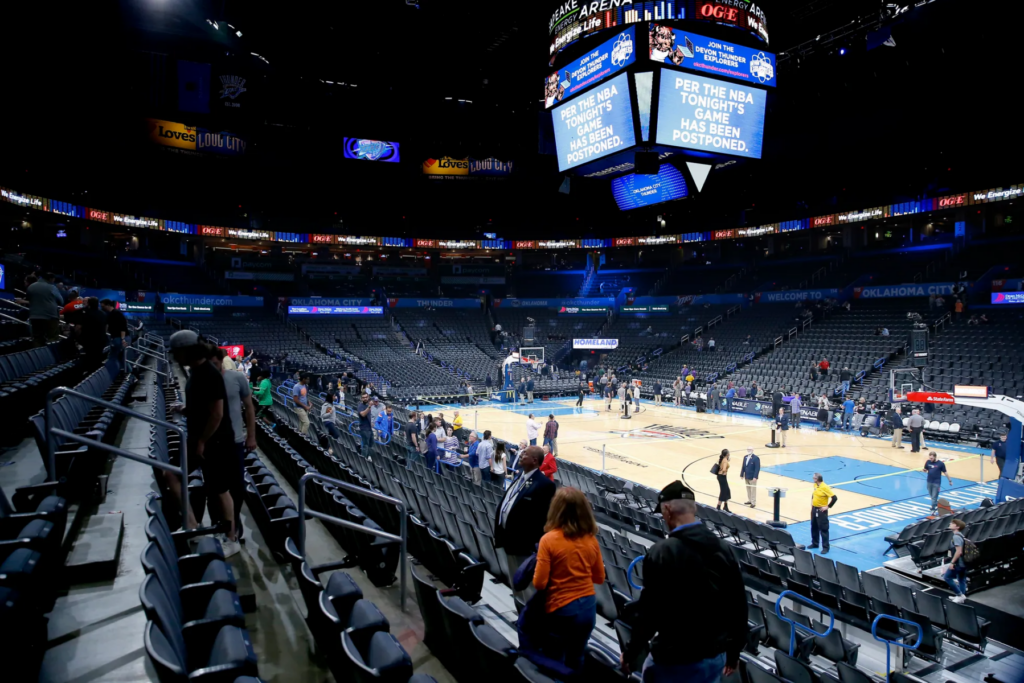The head of Britain’s biggest union has warned that the largest nationwide strike by NHS workers since the early 1980s could hit health services this winter if ministers ignore calls to match pay with inflation.
Christina McAnea, general secretary of Unison, said the union would be balloting 406,000 members in the NHS across England, Wales and Northern Ireland from October 27, while a ballot of Scottish members was already under way.
Other unions representing NHS workers, including the Royal College of Nursing, are holding their own votes and could join Unison in co-ordinated action involving 750,000 workers.
Industrial action would lead to operations and appointments being cancelled, adding to the intense strains on health services, with a record 7mn people now waiting for hospital treatment.
McAnea said pressures had become so acute that many parts of the health system were already operating with staffing levels close to the minimum that would be in place during a strike to ensure patients’ safety.
“We’re haemorrhaging staff. The NHS can’t keep its staff or recruit,” McAnea said, adding that ambulance workers in particular felt the service was already “as bad as it’s been by going on strike”.
The ballot move comes as Britain enters an “autumn of discontent” with strikes disrupting rail networks, major ports, Royal Mail postal services and 999 emergency call handlers joining continuing action by staff at BT Group.
Last week, the RMT transport union confirmed it would ask members to back a further six months of industrial action on the railways. Teachers’ and doctors’ unions are also preparing to ballot their members and — in an echo of the past — Unison members at the National Coal Mining Museum have voted to strike.
McAnea said action on this scale had not occurred since the bitter disputes with Margaret Thatcher’s government over nurses’ pay in the early 1980s.
The government’s flat-rate pay increase of £1,400 earlier this year for all staff covered by the NHS Agenda for Change contract is relatively generous to the lowest-paid staff, although wages are still falling in real terms.
But many professionals on modest salaries — including nurses, paramedics and physiotherapists — would see their pay rise by about 4 per cent under the current offer. In comparison, consumer prices rose 9.9 per cent in the year to August while average wages, including bonuses, in the private sector grew 6.8 per cent.
Many people on salaries of around £30,000 were exhausted after routinely being asked to work extra shifts and weekends, and “really feeling the pinch”, McAnea said, with the new worry of rising mortgage rates prompting some to seek second jobs.
New research commissioned by the NHS Confederation showed that the NHS is a major contributor to the UK economy and that every £1 invested in the health service generates as much as £4 of economic growth.
Speaking ahead of the annual gathering of the UK trade union movement at the TUC Congress in Brighton on Tuesday, McAnea rejected comments from prime minister Liz Truss telling striking rail staff to “get back to work” so the country can move forward.
Ministers had not yet responded to her requests for a meeting, she said, contrasting the approach of the Westminster government with those in Scotland, Wales and Northern Ireland, where “we’re seen as part of the social fabric of the country”.
Unions would find ways to operate even if the government pressed ahead with plans to raise the thresholds for strike ballots to pass, McAnea suggested, but warned that a separate proposal — to require unions to put all offers from employers to their members — was impractical.
















